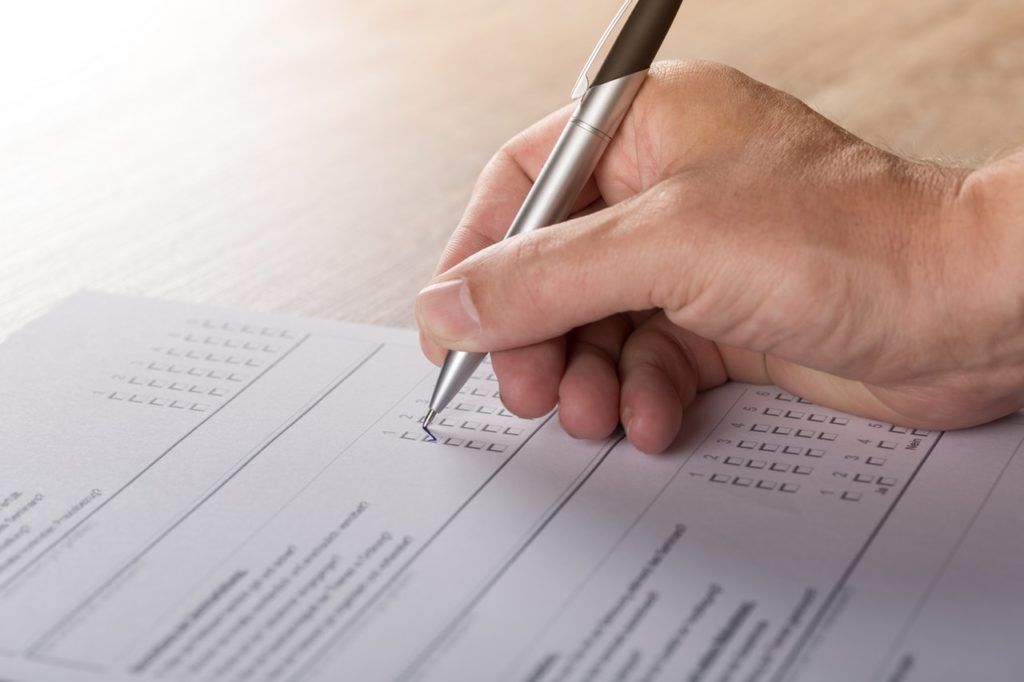The Oklahoma Supreme Court recently ruled that absentee ballots in the State of Oklahoma do not have to be notarized. Within days, the Oklahoma legislature passed SB210, which reinstates the requirement. However, it allows voters to include a photocopy of identification for ballot verification.
The response to the bill has resulted in a lot of controversy and angst among Oklahoma voters in light of the COVID-19 pandemic. The “Sapulpa Times” reached out to Creek County Election Board Secretary, Joy Naifeh, for comments and clarification.
“When the legislature passed the new bill to have the ballots notarized, they also made an exception for pandemics, etc., and I’m sure the June 30 election will be designated as such. So all voters can send in a copy of their Voter ID card that we issued to them or a copy of their Driver’s License along with their ballot.” The “Sapulpa Times” then asked Secretary Naifeh if a passport was acceptable as a form of identification, and she confirmed that a passport is an acceptable form of identification.
The Election Board Secretary said that when an absentee ballot (mail-in ballot) is applied for there are three categories; a regular absentee ballot; a ballot for those who are elderly and are vulnerable to the virus, people who are physically incapacitated, or a caregiver for someone who is incapacitated; and a ballot for military personnel. People who are elderly and at risk, people who are physically incapacitated, or their caregivers, need only have two other people witness and sign the ballot.
Absentee ballots are placed in a yellow sleeve, and the elderly/disabled ballots are placed in a pink sleeve. This helps the Election Board staff differentiate the types of ballots. Residents of long-term care facilities and veterans centers are allowed to absentee vote under existing Election Board procedures for those facilities. Those wishing to have a ballot notarized may do so at any bank. There is no charge to notarize a ballot.
If in-person voting is permitted in the upcoming June 30 election, Naifeh said that the Election Board would employ measures to ensure voter safety, such as the poll workers wearing masks, having hand sanitizer available, and other CDC-recommend protocols.
When asked if she felt if the new law was an attempt at voter suppression, Naifeh unequivocally stated that was not the case. She emphasized that these measures were to guarantee the integrity of the Oklahoma voting system. Naifeh explained that she has always taken pride in being a member of the Creek County Election Board and that Oklahoma has a “wonderful” election process. She added that the goal of the Election Board is to make sure that everyone who wanted a ballot was afforded the opportunity to obtain one.
It should be noted that Oklahoma’s system has been ranked as one of the best voting systems in the world.










